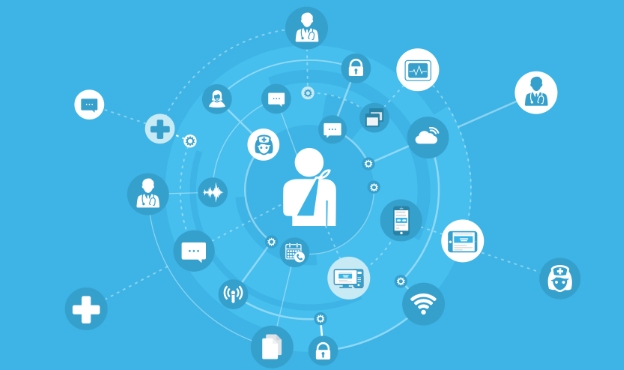The future of healthcare is bright with the revolutionary advancements of real-time systems that are transforming patient care. These cutting-edge technologies are allowing healthcare providers to monitor patients in real-time, leading to improved outcomes and enhanced patient experiences.
Enhanced Monitoring and Communication
Real-time systems enable healthcare professionals to continuously monitor vital signs and track health data of patients. This allows for early detection of any issues or abnormalities, leading to quicker intervention and improved patient outcomes.
Communication between healthcare providers is also streamlined with real-time systems, allowing for efficient exchange of information and collaboration on patient care. This leads to better coordination of care and more personalized treatment plans for patients.
Remote Patient Monitoring
One of the key benefits of real-time systems is the ability to remotely monitor patients in real-time. This is especially beneficial for patients with chronic conditions who need constant monitoring and intervention.
Remote patient monitoring allows healthcare providers to track a patient’s health data from a distance, reducing the need for frequent in-person visits and providing patients with more convenience and flexibility in their care.
Predictive Analytics
Real-time systems also utilize predictive analytics to forecast potential health issues and trends in patients. By analyzing large amounts of data in real-time, healthcare providers can identify patterns and predict potential health crises before they occur.
This proactive approach to healthcare allows for early intervention and preventive measures to be taken, ultimately improving patient outcomes and reducing healthcare costs.
Improved Patient Engagement
Real-time systems also enhance patient engagement by providing patients with access to their own health data and allowing for real-time communication with healthcare providers. This empowers patients to take control of their health and be more proactive in managing their conditions.
With real-time systems, patients can receive instant feedback on their health status and track their progress in real-time, leading to increased motivation and adherence to treatment plans.
In conclusion, the future of healthcare is being revolutionized by real-time systems that are transforming patient care. These cutting-edge technologies are enhancing monitoring, communication, and collaboration among healthcare providers, leading to improved outcomes and better patient experiences. By leveraging the power of real-time systems, we can expect to see continued advancements in healthcare delivery and ultimately, improved health outcomes for all.

